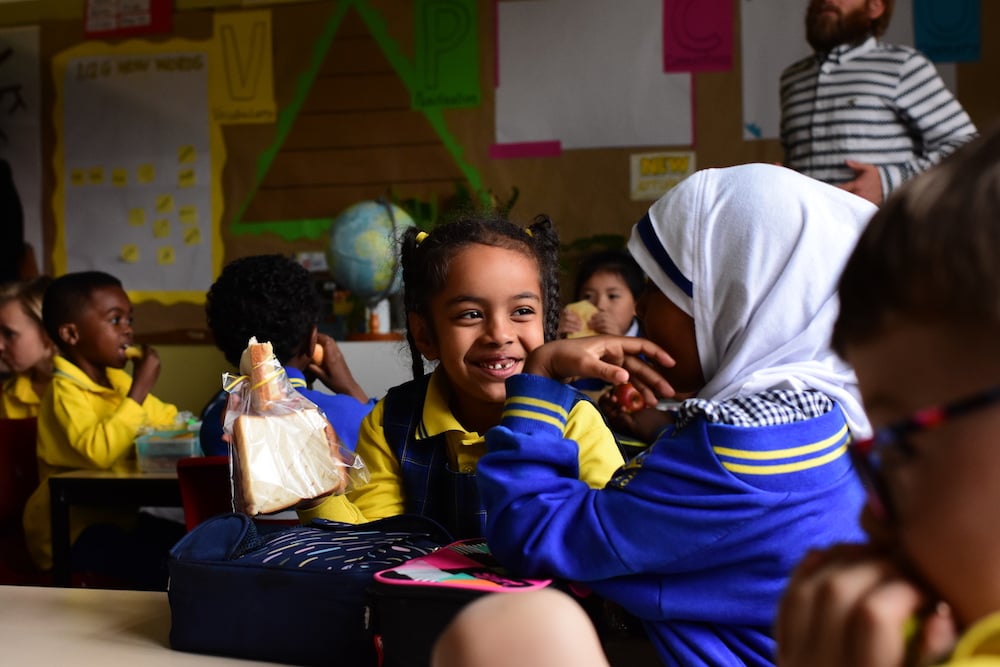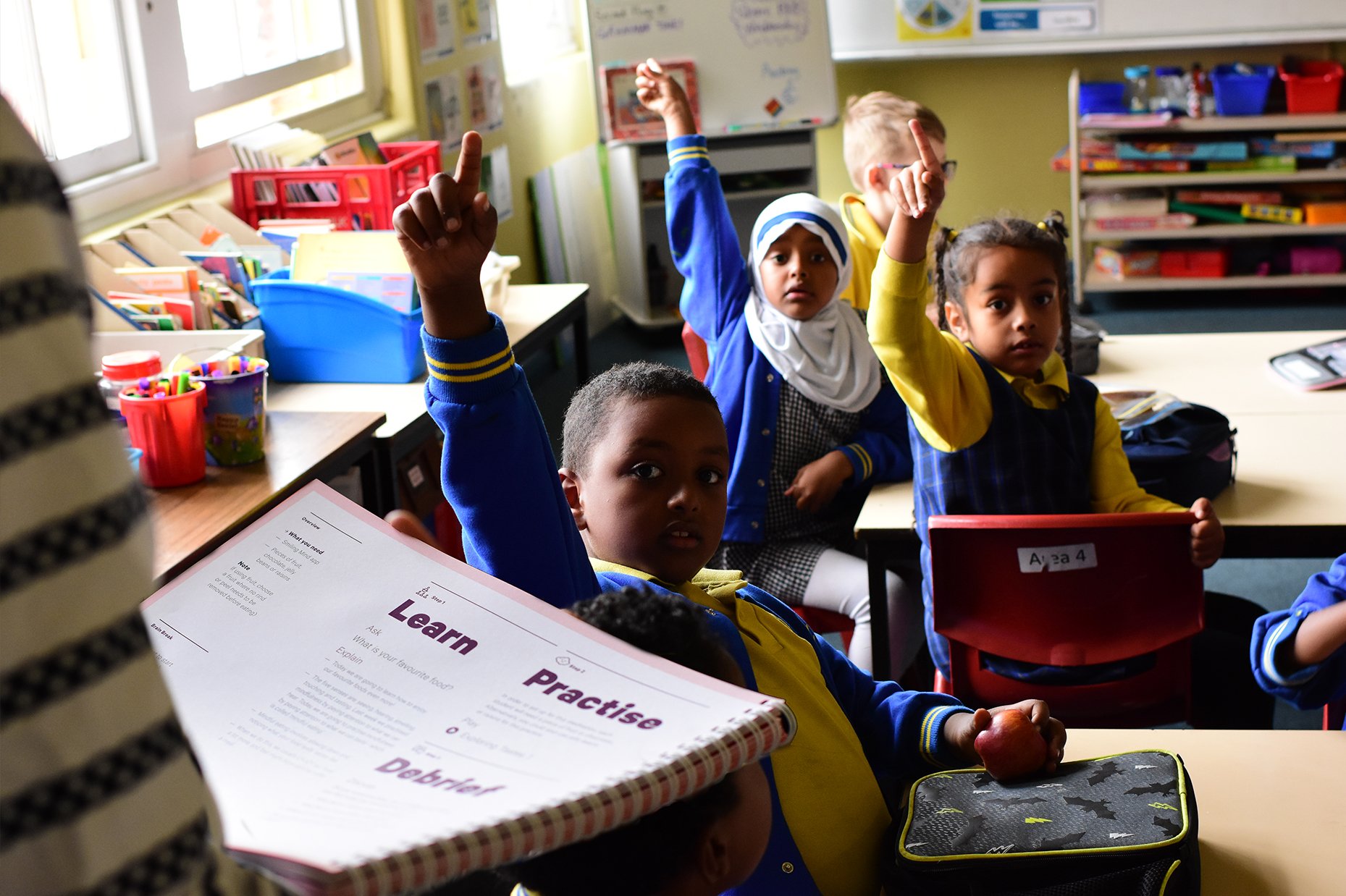The ban to prevent Australian children under 16 from accessing social media is filled with great intentions. However experts in this space are clear that a ban is unlikely to deliver the intended benefits. What’s more, if we are to raise the age limit for social media, what are we doing in the meantime to prepare our kids to manage these challenges once they turn 16?
It’s no surprise that many parents, teachers and community members support practical protections for kids, shielding them from the inevitable, if only for a few more years. But since the emergence of the proposed social media ban for young people, many leading mental health organisations have questioned the potential efficacy of these measures, highlighting the false sense of security the ban may offer for parents.
When kids misbehave in the school playground, we don’t (and shouldn’t) confine all students to the classroom during breaks to safeguard them from harming each other. Instead, schools put in place the appropriate rules and guardrails that help students understand good playground behaviour to keep everyone safe, happy and healthy.
When it comes to social media, there is no doubt that tech companies can and should do more to make their platforms safer. In the same way that schools take on the responsibility for safety within their playgrounds, tech companies must unequivocally be held to account for the safety of their own ‘digital playgrounds’. While some tech companies, like TikTok and Instagram, have made strides in implementing parental controls and content filters, experts argue these measures often fall short in addressing the underlying mental health risks, and safety more broadly.
As an organisation that works closely with children and teens, we believe that safety can begin with empowerment, in building foundational mental fitness skills as a form of self-defence.
Reducing the potential for harm through social media starts with helping kids to develop the skills they need to be mentally healthy—on and offline.
These skills don’t simply develop over time. Just like reading and writing takes years to master, children need the right balance of structure, support and learning opportunities to develop skills in mental wellbeing and resilience, so they can learn to navigate challenges if and when they arise, and to learn where and how to seek support when they need to. In the same way kids learn about physical fitness, we can teach them mental fitness through regular practice and empower them to thrive. Skills like emotional awareness, impulse control, and critical thinking are essential tools for young people navigating social media, and with the right tools and resources, we can help them build these skills earlier so they can learn how to navigate potential challenges and make healthier decisions.
The connection between teenage social media use and mental ill-health gets a lot of air time, but the evidence linking social media and mental ill-health is more nuanced. Some research suggests social media use could amplify the developmental changes that increase adolescents’ vulnerability to mental ill-health, while other studies point to the undeniable benefits when it comes to a young person’s ability to form and maintain friendships, particularly amidst what’s being described as a loneliness epidemic. What is clear is that as a community of parents, schools and mental health support, there are things we can and should do now to support kids aged six to 12 to build critical mental fitness skills before they reach the teen years, so they can be better equipped to navigate the potential harms of social media, if and when they later arise.
Waiting for the onset of mental health challenges—50% of which first emerge before the age of 14—before taking action is sending our children and young people on a trajectory that evidence shows can potentially be avoided.
Building essential mental fitness skills during the primary school years is fundamental to preparing kids for the inevitable challenges that arise in adolescence and beyond.
Learning to become more self aware, develop self-worth and recognise personal strengths are all teachable skills. These are the skills that will help children recognise how they feel when they use social media, whether it aligns with their personal values, and when to take a break when it isn’t serving them. By building these skills we can support our kids to embrace the positives of social media, of which there are many (think: connection, creativity, learning and exploring identity) while avoiding—or learning how to manage—the downsides.
While imposing blanket age restrictions on social media might buy parents and educators more time to prepare kids for the complex social dynamics they will encounter online, it could also have serious negative consequences. When they reach 16, without the benefit of experience, our kids may find themselves less equipped to interact in the digital world, less skilled at proactively avoiding harms and less able to make good decisions about the role of social media in their lives.
Without a focus on empowering kids and teenagers with the knowledge and skills they need to thrive, in the real world and online, I worry as teens they’ll be caught in a social tsunami where they sink, not swim.
Learn more about how to help kids develop key social and emotional skills to prepare them to navigate the ups and downs of life.












.jpg)



